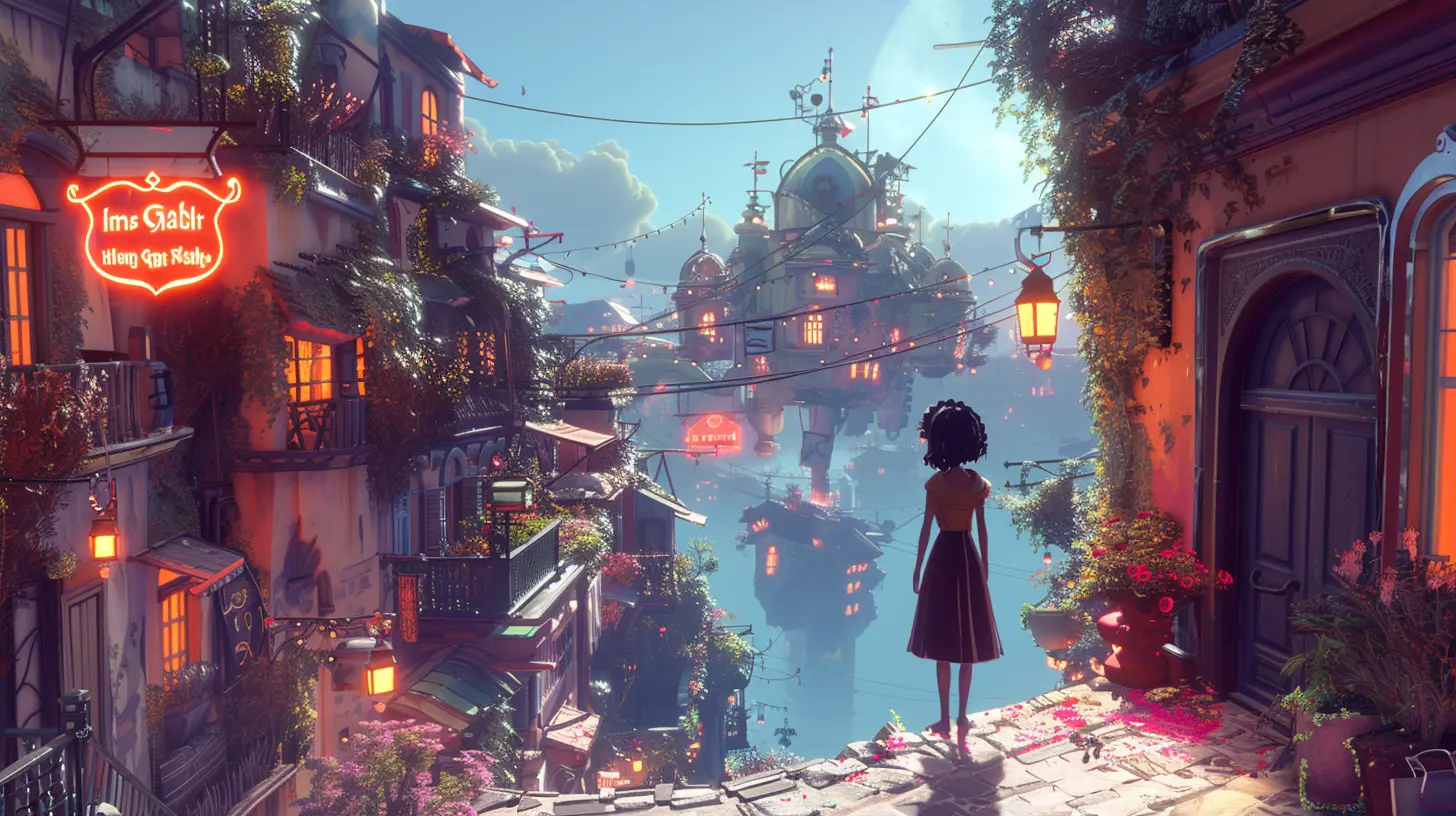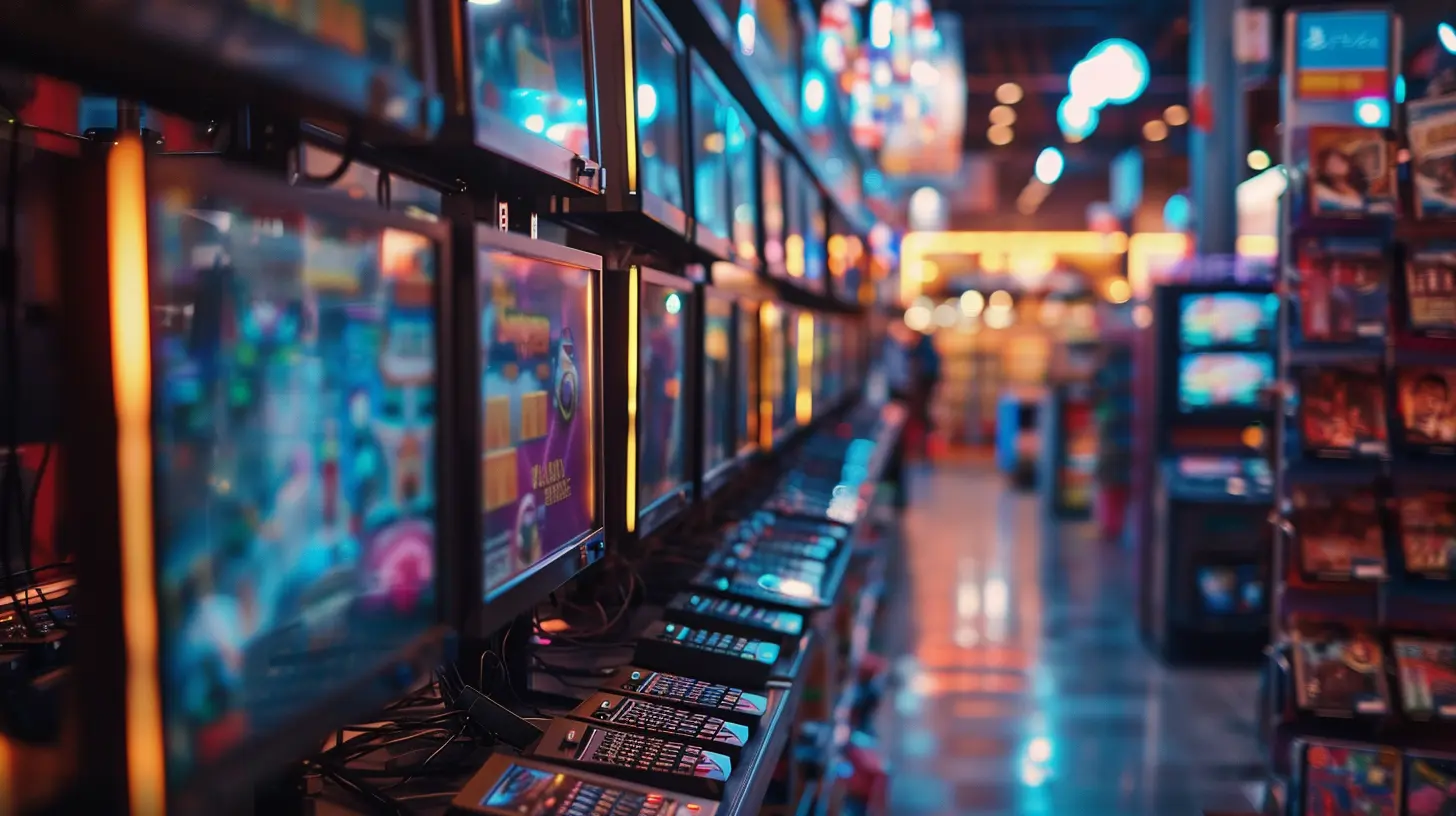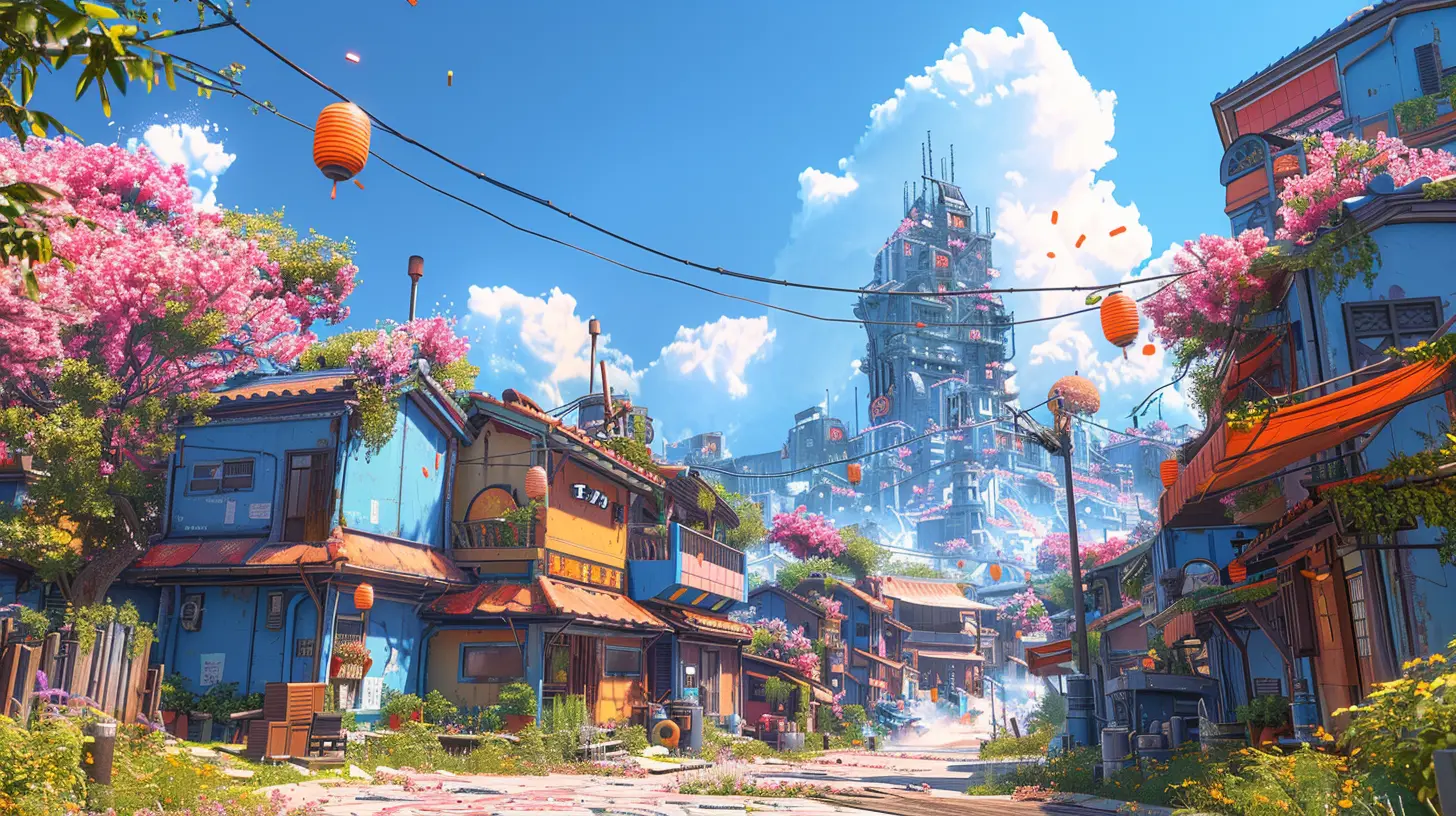How Community Feedback Shapes In-Game Purchase Policies
11 November 2025
We’ve all been there. You’re playing your favorite game, completely immersed, when suddenly you’re hit with an in-game purchase offer—an ultra-cool weapon, rare skins, or even a must-have battle pass. While some players are thrilled to open their wallets, others roll their eyes and think, "Not again." The thing is, in-game purchases (also called microtransactions) are a huge part of gaming today, and they’re not going anywhere. But here’s the real kicker: you, the player, actually have a say in how these systems evolve. Yep, community feedback holds way more power than you might think.
In this article, we’re diving deep into how the voices of players shape in-game purchase policies. Whether it’s through social media rants, Reddit threads, or official game forums, developers are paying attention. Let’s break it all down and see why your opinion matters more than ever.
The Rise of In-Game Purchases: A Double-Edged Sword
First, let’s set the stage. In-game purchases have grown like wildfire in the last decade. Whether you’re buying digital currency in a mobile game or a fancy skin in a AAA title, these transactions fuel the gaming industry. In fact, studies show gaming revenue from microtransactions far exceeds the initial cost of game purchases for many companies. Simply put, in-game purchases aren’t just a cash grab—they keep your favorite games up and running.But here’s the catch: microtransactions have always been a polarizing topic. For some players, they’re a convenient way to level up their experience. For others, they feel like a paywall or, worse, a form of exploitation. This divide has sparked countless debates. And when players feel strongly about something? Oh, trust me, they’re not shy about making their voices heard. 
Why Community Feedback Is the Game-Changer
If you think game studios are just churning out purchase systems without a care in the world, think again. Developers rely heavily on player feedback to fine-tune their monetization practices. Why? Because a happy community keeps the game alive. If players revolt too strongly, the game risks losing its audience—and no one wants that.Think about it. Would a studio risk bad PR over an unpopular monetization policy? Probably not. Feedback, whether constructive or brutally honest, helps developers find the sweet spot between making money and keeping players engaged.
How Players Are Speaking Up
So, how exactly are players voicing their opinions? There are so many avenues, and each one plays a crucial role. Here's a closer look:1. Social Media Platforms
Social media is like the town square of the gaming world. Platforms like Twitter, Instagram, and TikTok explode with posts and memes when players feel wronged. Remember when EA’s handling of loot boxes in Star Wars Battlefront II sparked massive online outrage? That backlash forced EA to rethink its entire monetization strategy, proving the power of a united player base.2. Game Forums and Subreddits
Forums and Reddit threads are goldmines for developers looking for honest feedback. These spaces allow players to have meaningful, in-depth discussions. If enough people echo the same concern, trust me, developers notice. Want proof? Look at games like Destiny 2. Bungie has repeatedly tweaked their in-game economy based on Reddit feedback.3. Surveys and Beta Testing
Ever filled out a survey after playing a game? Developers use these forms to gather direct input from players. Beta tests, too, act as a testing ground for new systems, including in-game purchases. If something’s not hitting the mark, players will definitely call it out.
Real-World Examples of Feedback Shaping Policies
Let’s move beyond theory. Here are some jaw-dropping examples where community feedback shook things up:1. Star Wars Battlefront II: The Loot Box Meltdown
We can’t talk about community feedback without mentioning Star Wars Battlefront II. When the game launched in 2017, players discovered loot boxes that could affect gameplay—essentially a "pay-to-win" system. The backlash was swift and brutal, with gamers taking to forums, social media, and even review sites to express their outrage.The result? EA modified the entire monetization model, removed paid loot boxes, and replaced them with fairer systems. It was a pivotal moment that sent a message to the entire gaming industry: players will hold you accountable.
2. Fortnite: The Battle Pass Revolution
Epic Games hit the jackpot with Fortnite’s Battle Pass system—but that system wasn’t created overnight. Early on, players voiced frustration with the lack of value in certain purchases. In response, Epic introduced the Battle Pass, which offers players a mixture of free and premium rewards for completing challenges. This setup felt fair, rewarding, and affordable, which is why it became an industry standard.3. Destiny 2: Tweaking Eververse
Bungie has had its fair share of criticism over Destiny 2’s Eververse store. Players were upset about overpriced items and the scarcity of free cosmetic rewards. After months of feedback (and some heated Reddit posts), Bungie introduced changes to make more items available through gameplay rather than pure cash transactions. It wasn’t a perfect fix, but it showed they were listening.Why Listening to Players Is a Win-Win
For developers, tuning into feedback isn’t just about damage control—it’s about creating a better game. When players feel heard, they’re more likely to stick around for the long haul. And for studios, retention is everything. After all, why spend millions attracting new players when you can just keep your current ones happy?From a player’s perspective, this back-and-forth communication creates trust. It’s like knowing that your favorite restaurant actually listens to your food preferences and adjusts the menu. Doesn’t that make you want to come back?
What the Future Holds for In-Game Purchases
As we look ahead, one thing’s clear: the dynamic between players and developers will continue to shape in-game purchase policies. The rise of live service games, coupled with communities that are more vocal than ever, ensures this. Transparency will remain key, with more studios offering detailed breakdowns of how purchase systems work.We might also see more innovative monetization models, where players feel rewarded rather than exploited. Who knows? Maybe the next big idea will come from feedback you share online. Pretty cool thought, right?
How You Can Contribute to Change
Feel strongly about in-game purchases? Great! You’re part of the process. Here’s how you can make your voice count:- Speak Up, But Be Polite: Developers are more likely to listen when feedback is constructive rather than hostile. Be honest, but keep it respectful.
- Join the Conversation: Hop on online forums, participate in surveys, or engage with developers on social media. The more people speaking up, the louder the collective voice.
- Vote With Your Wallet: Actions speak louder than words. By refusing to support unfair monetization systems, you’re sending a message that shady practices won’t fly.
Final Thoughts: The Power of Community
At the end of the day, the gaming world is a shared playground. Developers create the games, but it’s the players who breathe life into them. By keeping the conversation going and demanding fairness, players have the power to shape not just in-game purchase policies, but the future of gaming itself.So the next time you see something in a game that you don’t like—or love—don’t stay silent. Your feedback could be the spark that brings about change. And really, isn’t that what gaming is all about? Working together to make things better?
all images in this post were generated using AI tools
Category:
In Game PurchasesAuthor:

Madeleine McCaffrey
Discussion
rate this article
1 comments
Lola Beck
Great insights on the impact of community feedback! Understanding player preferences is crucial for developers to create fair in-game purchase policies. Balancing monetization with player satisfaction can foster loyalty and enhance the gaming experience, ultimately benefiting both players and game creators.
November 11, 2025 at 4:40 PM

Madeleine McCaffrey
Thank you! I completely agree—community feedback is vital for aligning developer strategies with player expectations, ensuring a more enjoyable and fair gaming experience for everyone.


